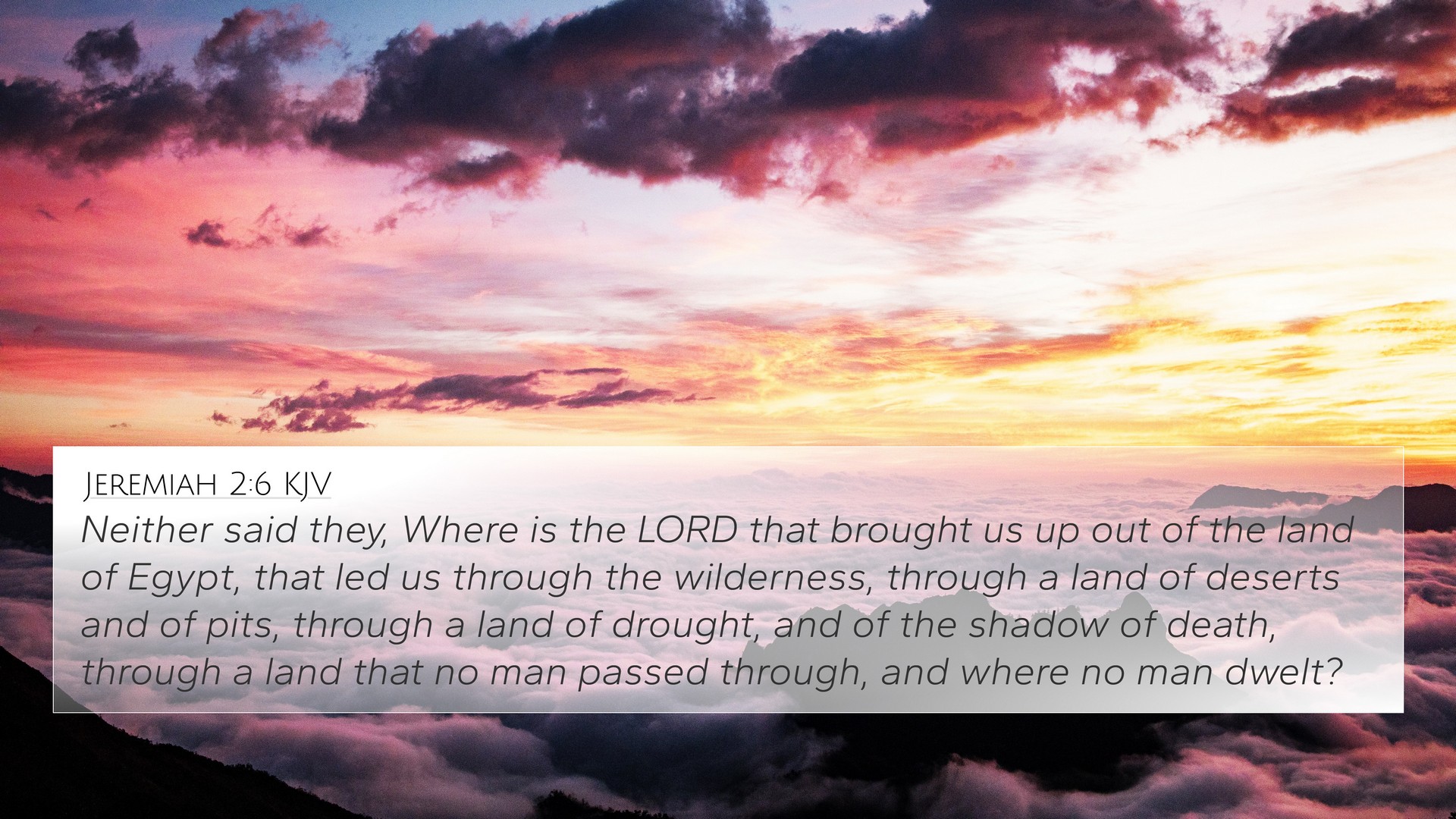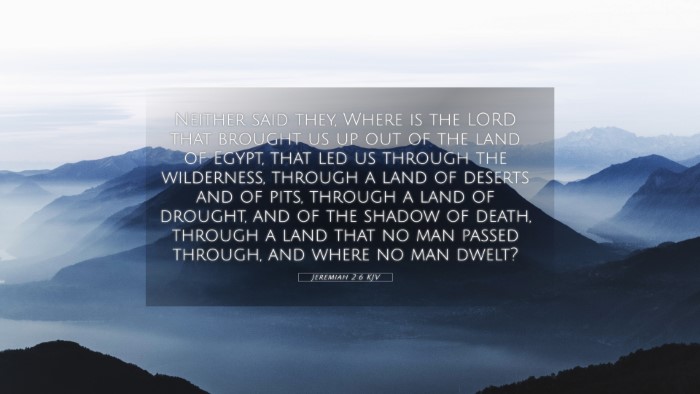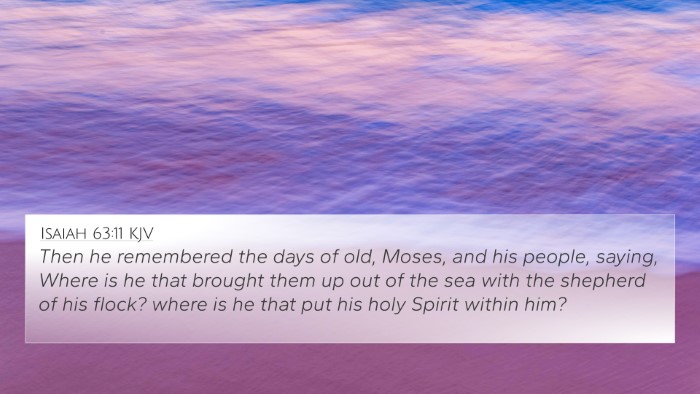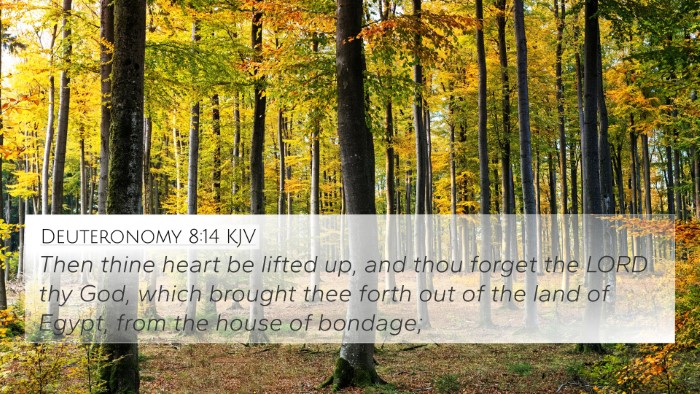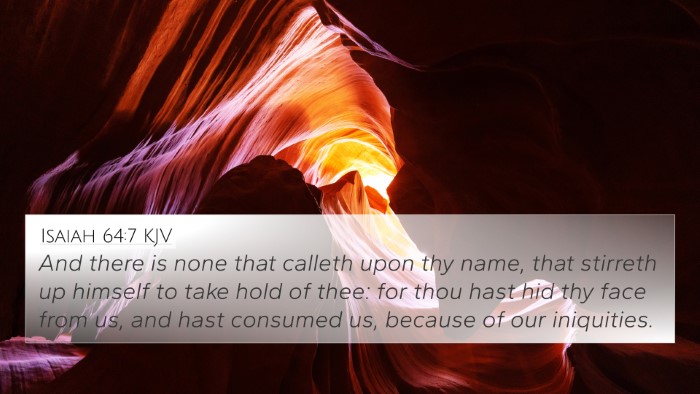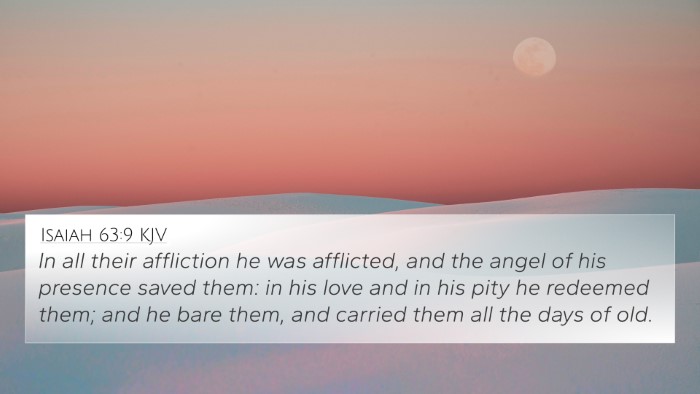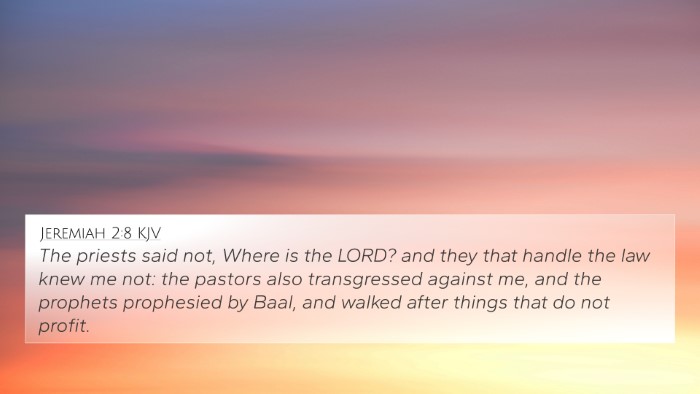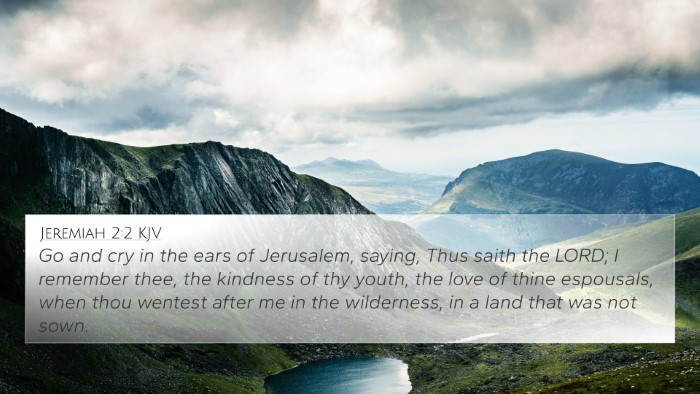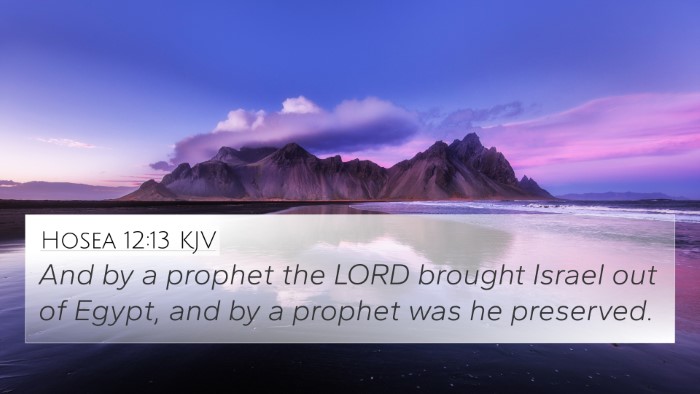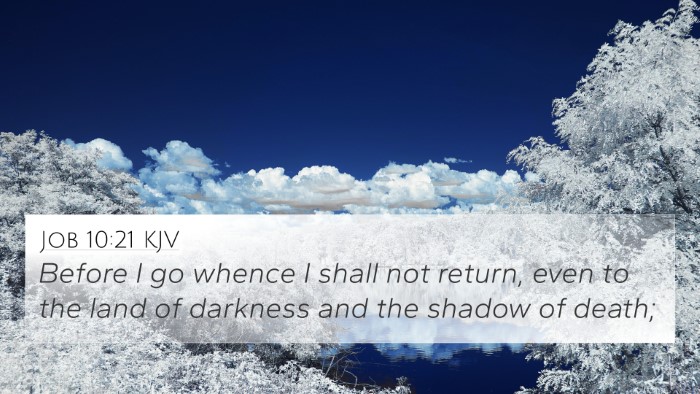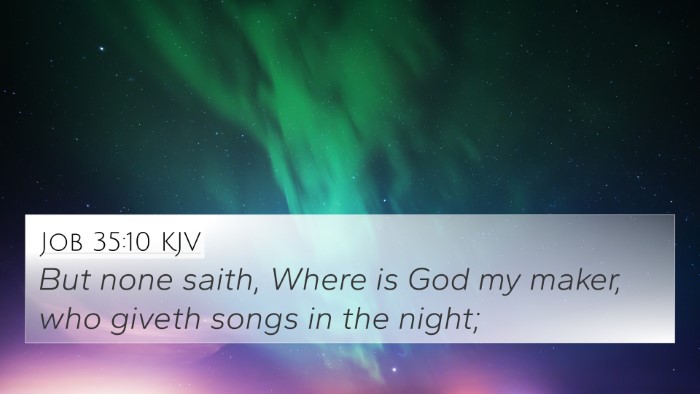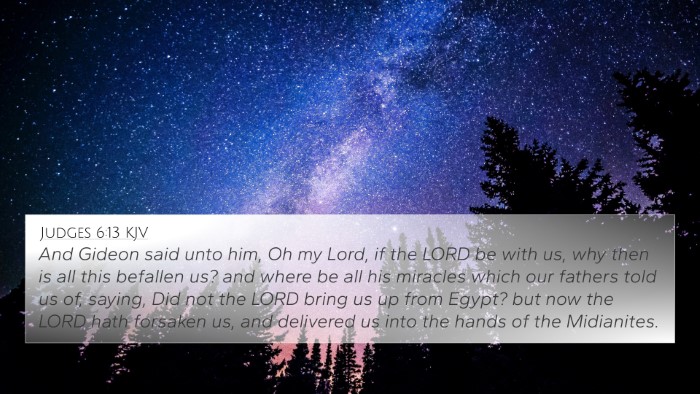Understanding Jeremiah 2:6
Jeremiah 2:6 states: "Neither said they, Where is the Lord that brought us up out of the land of Egypt, that led us through the wilderness, through a land of deserts and of pits, through a land of drought, and of the shadow of death, through a land that no man passed through, and where no man dwelt?"
Summary of Meaning
This verse presents a poignant reminder of Israel's forgetfulness regarding God's past deliverances and guidance. It reflects a significant theme throughout the Book of Jeremiah, emphasizing the people's unfaithfulness and lack of acknowledgment of God's ongoing presence and intervention in their history.
Detailed Insights from Commentaries
-
Matthew Henry:
Henry notes that the people of Israel fail to recognize the Lord's role as their deliverer during the Exodus. Their spiritual insensitivity leads them to forget their reliance on God as they wander in their ways.
-
Albert Barnes:
Barnes expounds on the imagery of the wilderness, depicting it as a challenging environment where God's guidance was essential. The verse highlights the contrast between God's faithful leadership and the people's negligence and forgetfulness.
-
Adam Clarke:
Clarke emphasizes the rhetorical nature of the question, showcasing a spiritual amnesia among the Israelites. He points out that this forgetfulness is not merely historical but denotes a failure to seek God actively in their present lives.
Key Themes and Connections
This verse ties into several significant themes of the Old Testament, such as divine deliverance, covenant relationship, and the consequences of turning away from God. It serves as a cornerstone for understanding the recurring motif of Israel's disobedience and God's unwavering patience.
Cross-References to Consider
- Exodus 3:8: God's promise to deliver the Israelites from bondage.
- Psalms 78:40-41: The Israelites' resistance to God in the wilderness.
- Isaiah 63:11: A reminder of the Lord's past actions on behalf of His people.
- Jeremiah 2:13: The complaint against Israel for forsaking God.
- Deuteronomy 32:18: Israel's forgetfulness of God's role as their Creator.
- Hosea 13:4: The Lord is presented as the only Savior, reinforcing the need for acknowledgment.
- Hebrews 3:7-8: A warning against hardening one's heart and forgetting God's voice.
Comparative Bible Verse Analysis
Jeremiah 2:6 functions within a broader narrative that intertwines with other scriptures, emphasizing the importance of remembrance and recognition of God's past faithfulness:
-
Thematic Connections:
- God's Guidance: Referenced through the leadership of Moses and the subsequent establishment of the Law.
- Spiritual Amnesia: Relates to other scriptures emphasizing Israel's forgetfulness, such as Deuteronomy 8:11-14.
- Consequences of Forgetting: Connects with warnings found in Proverbs 1:24-31 about the dangers of ignoring God's voice.
Tools for Bible Cross-Referencing
For those seeking to explore more about the relationships between Bible verses, utilizing tools such as a bible concordance or a bible cross-reference guide can provide deeper insights. These tools are essential for conducting a cross-referenced Bible study and for enhancing one’s understanding of interconnected biblical themes.
Utilizing Cross-References
Understanding how to find cross-references in the Bible can enrich personal study and sermon preparation. By identifying connections between Old and New Testament scriptures, readers can gain a holistic view of God's methods of communication and commitment to His people across different covenants.
Conclusion
Jeremiah 2:6 encapsulates a vital truth about the human tendency to forget God’s mercies and provisions. The insights from various commentaries highlight the need for vigilance in our spiritual lives, constantly remembering the Lord's guidance and deliverance. Engaging in bible cross-reference study can serve as a means to anchor one’s faith and bolster understanding through a comprehensive exploration of scriptures.
